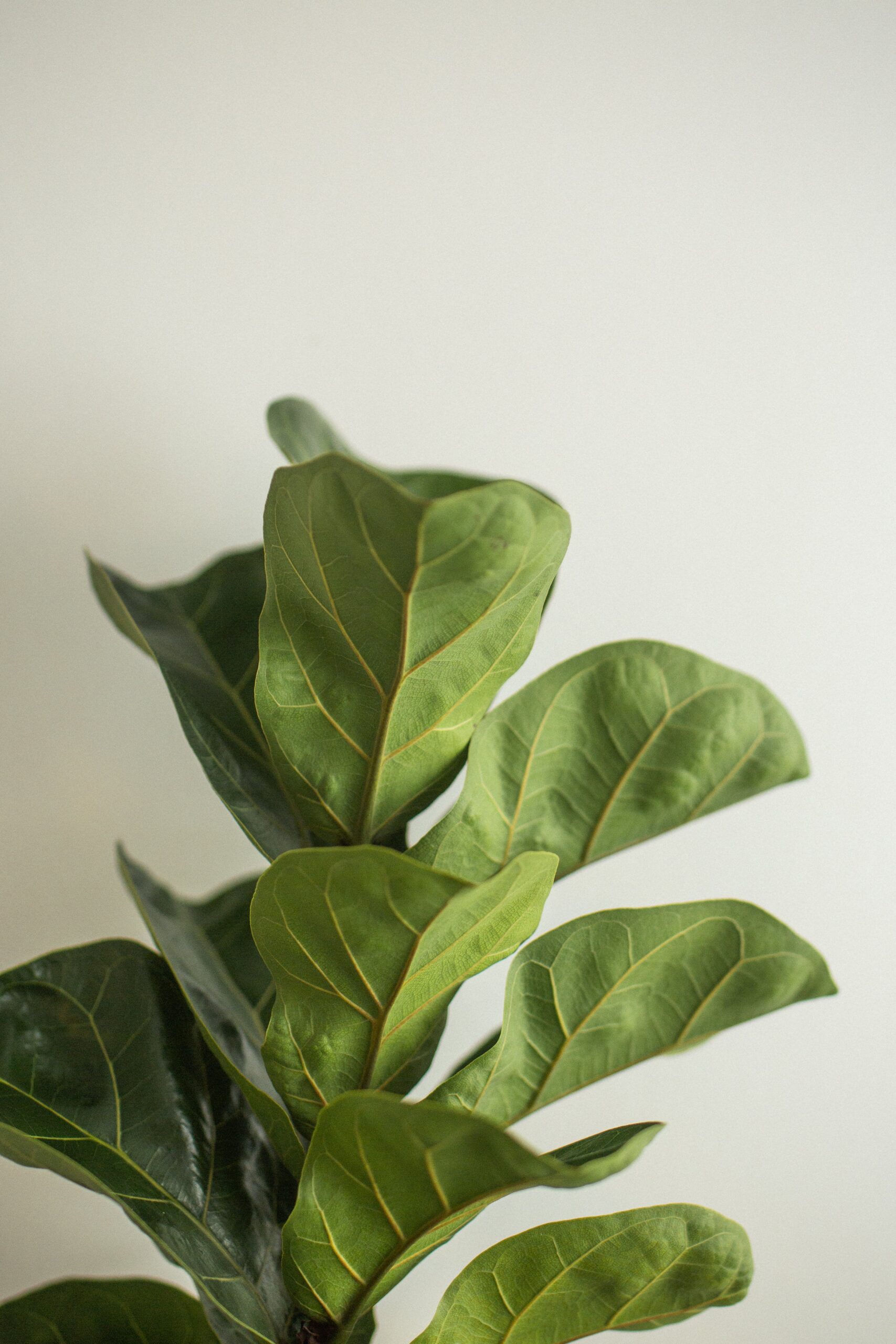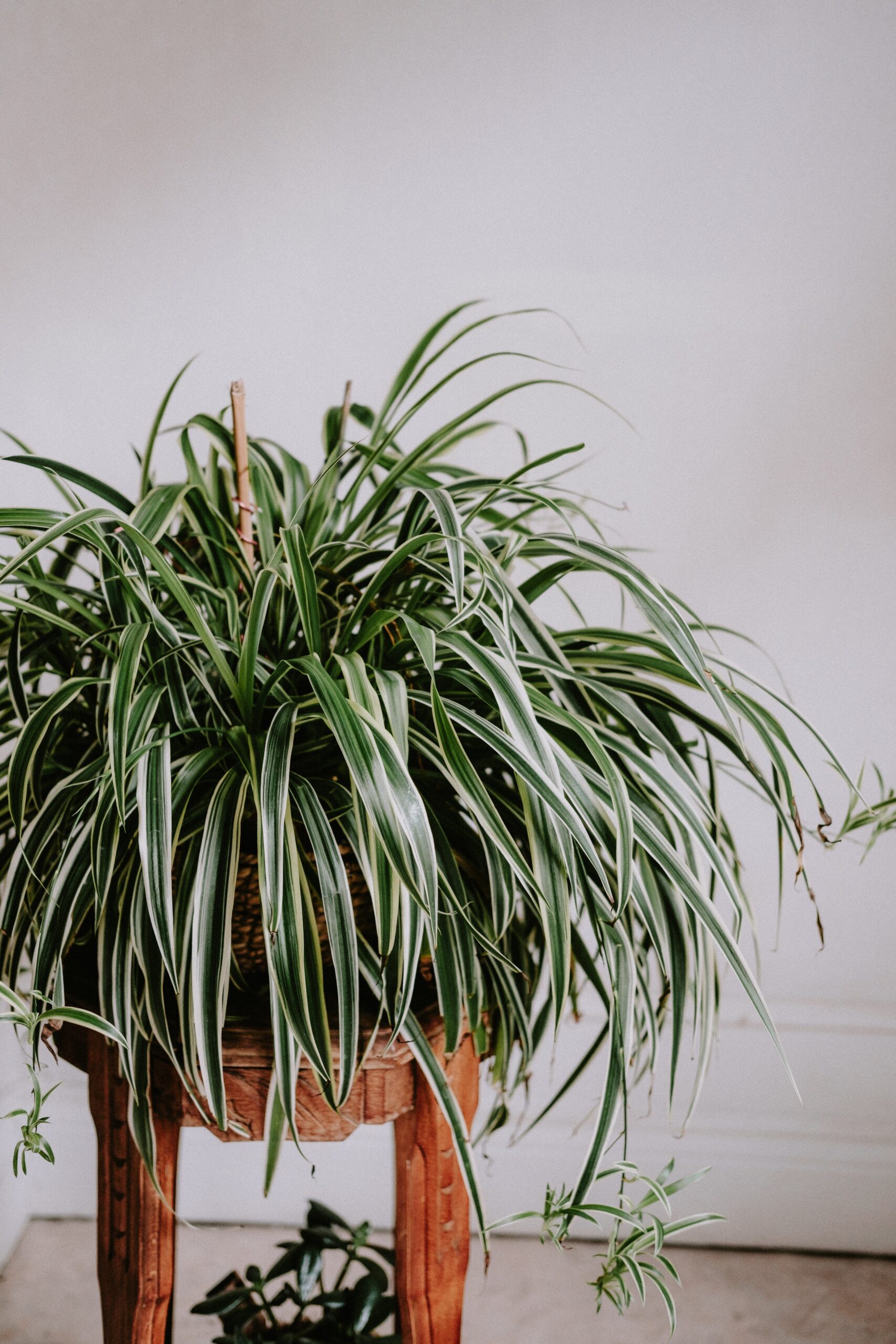In the hustle and bustle of modern life, finding moments of calm and tranquility is more important than ever. Enter the humble houseplant – not just a decorative element, but a living, breathing contributor to our overall well-being. In this exploration, we’ll uncover the remarkable ways in which houseplants positively impact mental and physical health, transforming your home into a haven of holistic wellness.
Air Purification and Respiratory Health:
One of the unsung heroes of houseplants is their ability to purify the air we breathe. Certain plants, such as the Spider Plant and Peace Lily, excel at removing common household pollutants like benzene and formaldehyde. As these plants photosynthesize, they also release oxygen, creating a cleaner and more breathable indoor environment.
Understanding the correlation between cleaner air and improved respiratory health is key. Studies show that increased oxygen levels and decreased air pollutants can contribute to better lung function, making our homes not just visually appealing but also conducive to optimal respiratory well-being.
Stress Reduction and Relaxation:
The greenery of houseplants doesn’t just add aesthetic value; it brings a touch of nature indoors, creating a serene and calming atmosphere. Plants like Lavender or Aloe Vera release soothing fragrances, contributing to stress reduction and promoting relaxation.
Numerous studies have demonstrated the stress-relieving effects of interacting with indoor plants. Simply tending to your plants, whether it’s watering, pruning, or repotting, can serve as a mindful and meditative activity. The visual appeal of greenery also has a positive impact on mental well-being, reducing feelings of anxiety and promoting a sense of calm.
Boosting Mood and Productivity:
The presence of houseplants has been linked to enhanced mood and increased productivity. Researchers have found that indoor plants can positively affect attention span and concentration, making them ideal companions for home offices or study spaces.
Strategically placing plants in areas where you spend significant time can elevate your mood and contribute to a more positive mindset. Whether it’s the vibrant colors of flowering plants or the calming greens of foliage, the visual stimuli from houseplants can have a profound effect on your overall emotional state.
Connection with Nature:
Biophilic design, which incorporates natural elements into indoor spaces, acknowledges the innate human desire to connect with nature. Houseplants play a pivotal role in fulfilling this need, fostering a sense of connection with the outdoors even in urban environments.
Nurturing a connection with nature has been linked to reduced stress, improved cognitive function, and an overall sense of well-being. By bringing the outdoors in, houseplants enable us to create a refuge from the demands of daily life, promoting a more balanced and fulfilling lifestyle.
Conclusion:
Houseplants are not merely decorations; they are silent contributors to our physical and mental well-being. As you cultivate your indoor garden, consider the multifaceted benefits that houseplants bring to your home. From purifying the air to reducing stress and boosting mood, these green companions have the power to transform your living space into a sanctuary of holistic wellness. Embrace the healing power of plants and let your indoor garden become a source of joy, tranquility, and improved well-being. 🌿




